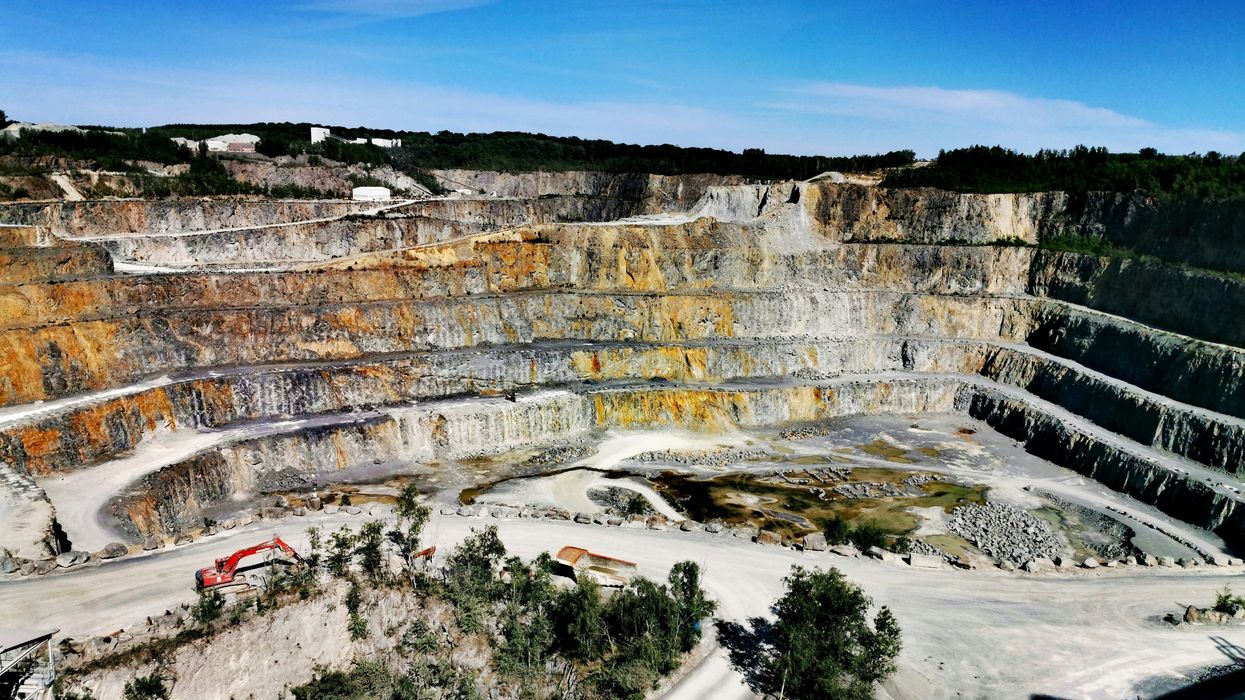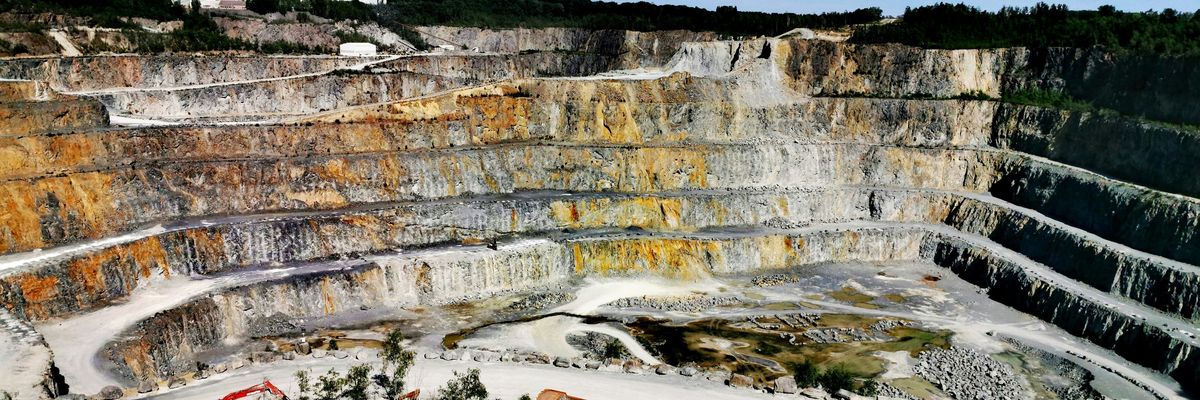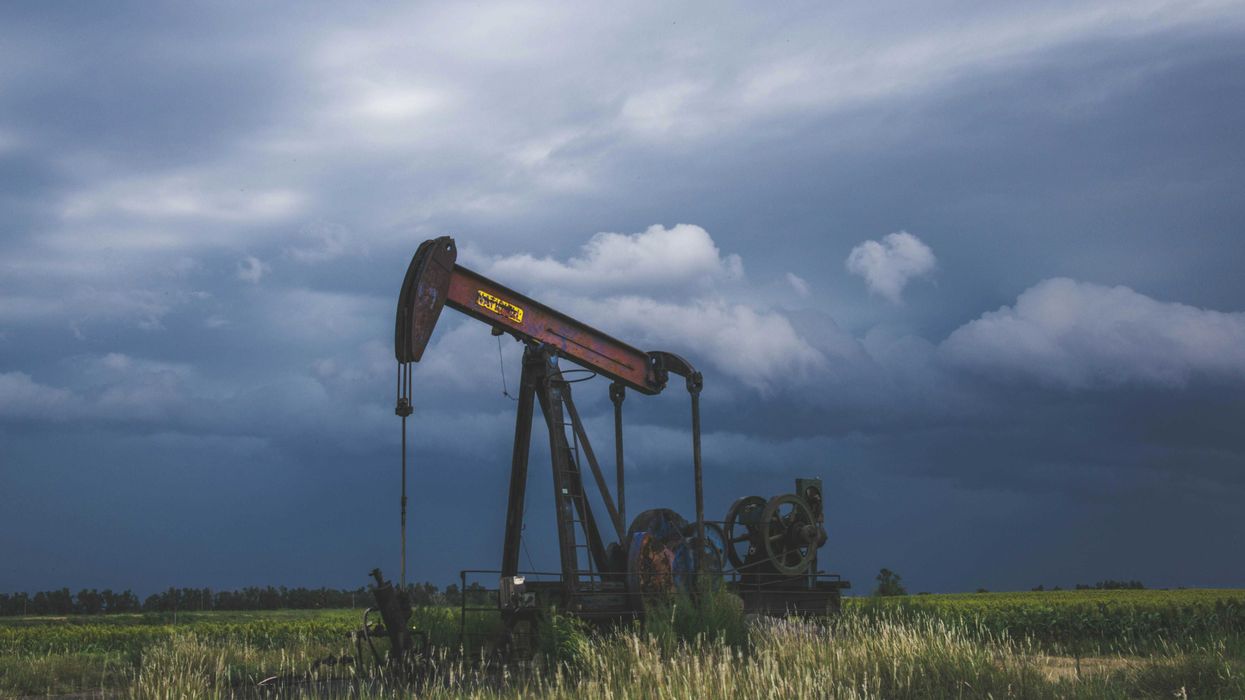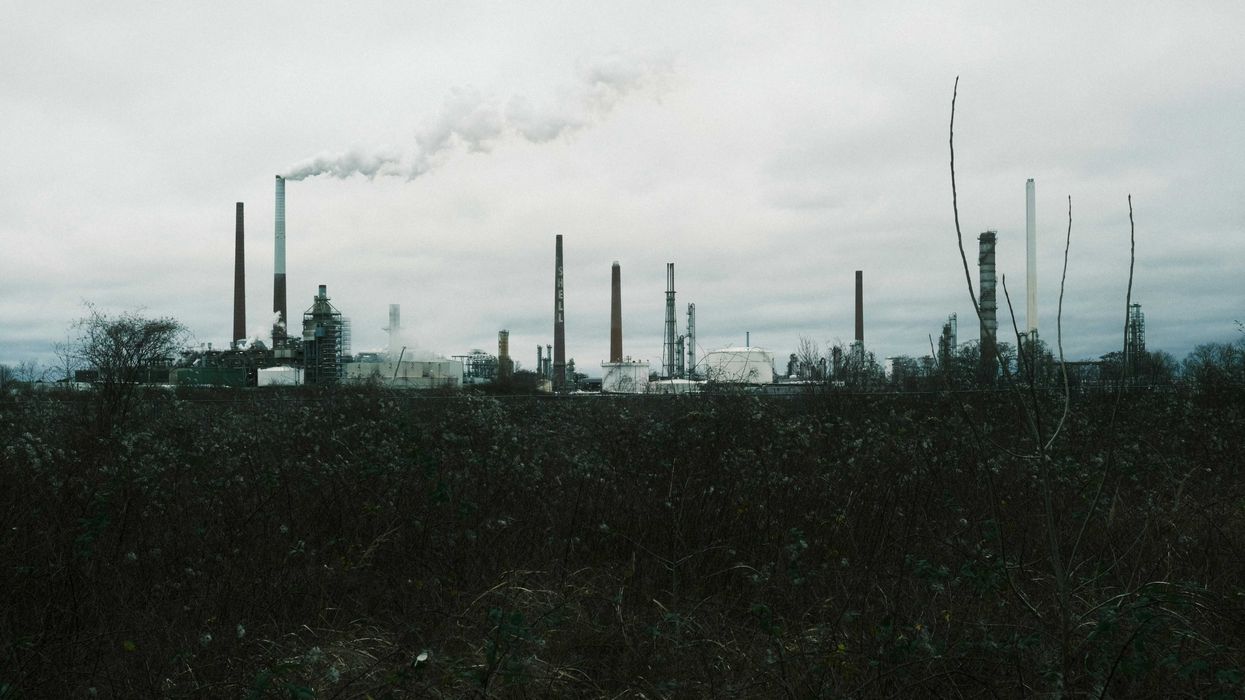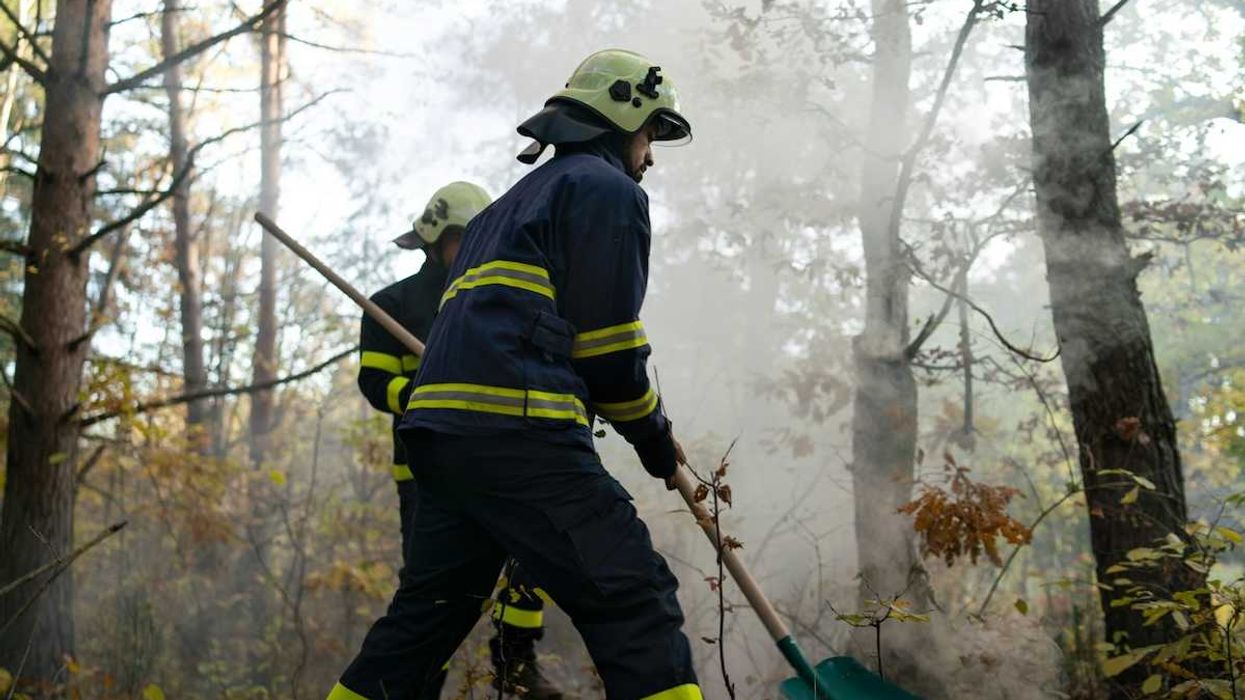A Chinese environmental lawyer is helping communities in Zambia and across the Global South fight pollution from state-backed mining projects tied to China’s Belt and Road Initiative.
Katie Surma reports for Inside Climate News.
In short:
- A toxic spill from a Chinese-run copper mine in Zambia released 50 million liters of waste, contaminating rivers and farmland, displacing wildlife, and exposing communities to heavy metals like lead, arsenic, and uranium.
- Jingjing Zhang, a veteran environmental lawyer, is assisting Zambian lawyers and community members in pursuing legal accountability, while teaching strategies for navigating China’s political and legal systems.
- Zhang’s work underscores a growing trend of Chinese companies exporting environmentally harmful practices to countries with weak regulatory oversight, despite Beijing’s public commitments to “green” development.
Key quote:
“People we’ve talked with are losing hope and they’re now desperate. When they get desperate, they can be forced to sign any agreement.”
— Malisa Batakathi, Zambian environmental attorney
Why this matters:
In Zambia, tailings dam failures and toxic waste leaks have destroyed crops, poisoned water, and displaced entire communities. Residents who depend on local rivers for drinking water, irrigation, and food face invisible hazards from heavy metals that can linger in soil, sicken children, and accumulate in fish and wildlife. With Chinese state-backed firms expanding globally through the Belt and Road Initiative, this case in Zambia reflects a broader challenge: Countries desperate for infrastructure investment may be left with polluted land, ill residents, and limited legal recourse. Environmental monitoring is often opaque or corrupted, and public health agencies may lack the capacity — or authority — to act quickly.
Related: China’s rare earth mining boom leaves toxic legacy in water and soil

